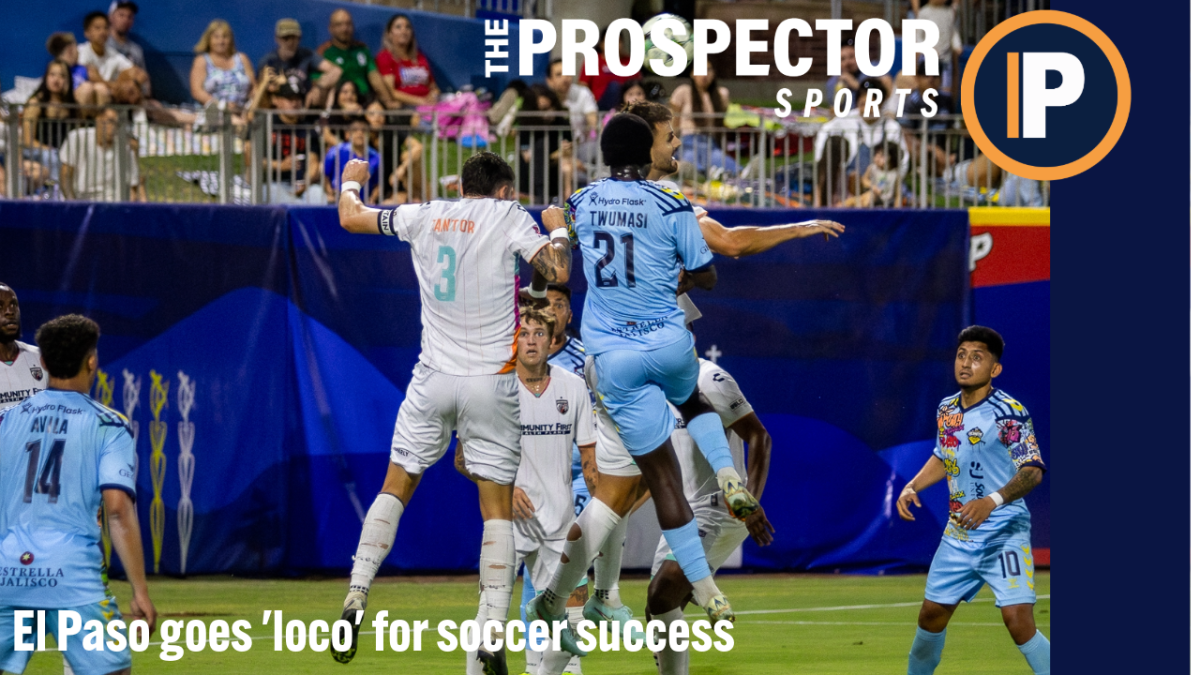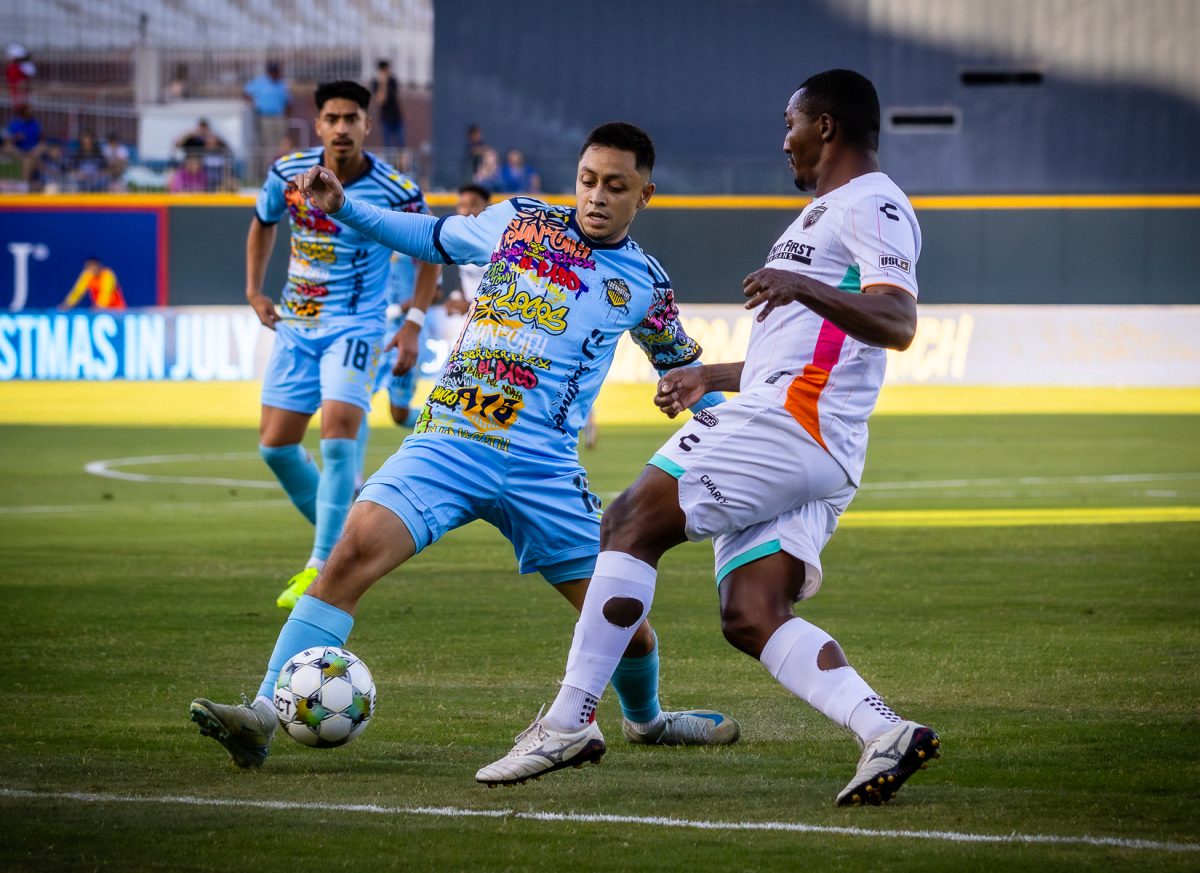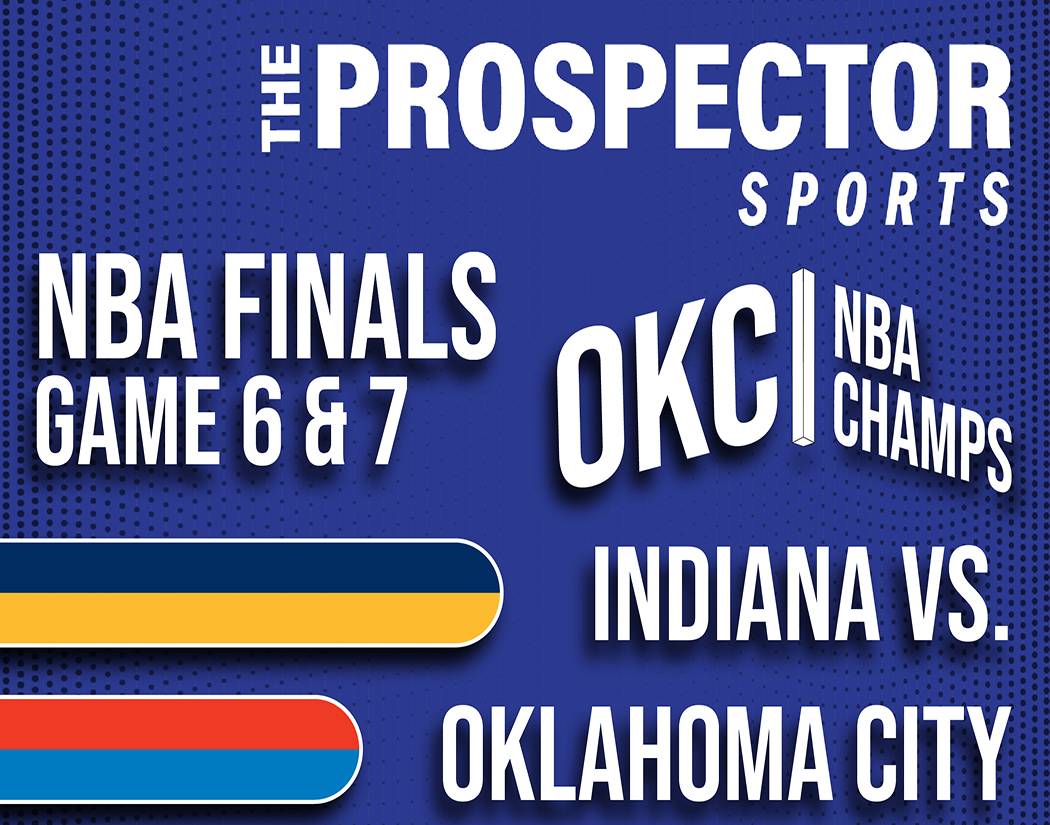Stanford standout running back Christian McCaffrey announced on Monday, Dec. 19, that he will not play in the Hyundai Sun Bowl to steer his focus and practice for the 2017 NFL Draft. Earlier this week, preseason Heisman Trophy favorite Leonard Fournette out of LSU decided to end his collegiate career by not playing in the Citrus Bowl against Louisville.
These actions will affect college football and set a new trend until the NCAA finds a solution to this.
It isn’t an attack on McCaffrey or Fournette’s decision to leave their programs even earlier than intended. Rather, it is a call to action on the NCAA and what a hole they dug themselves in. Don’t blame the players who made this decision, but blame the collegiate system that is so messed up.
From a program’s perspective, the Sun Bowl is the eighth straight bowl appearance from Stanford, which happens to be a school record. McCaffrey has potential to cap off his colligate career in record-breaking fashion with his program. However with this decision, he has evaded any possibility for that to happen.
Then there’s the topic of money. The Sun Bowl payout is over $2,000,000 to Stanford—a large sum of money that McCaffrey won’t be able to touch had he decided to play. On the other end, LSU will stand to gain over double what the Sun Bowl offers, paying out their competitors over $4 million. So why should McCaffrey or Fournette, stay for a bowl game that gives no tangible or monetary personal gain?
For one, school pride and legacy. They both are the faces of their respective programs and their play could reflect on history for the program. It could possibly help persuade incoming recruits to follow in their footsteps. And, it could encourage future athletes to recognize the importance in the games that don’t offer a National Championship.
These top playmakers should also play to keep the integrity and the tradition of the bowl games alive. This new trend could exterminate the bowl season as we know it. If this trend keeps on going, what would be the difference between a bowl game and an NFL preseason game? Both would be without their starters or their team playing at a full extent, and both would be pointless to watch or play in.
It completely rips away the spirit that the bowl games.
Next comes into play the overall wellbeing of the athlete who comes into play for the bowl game. Last year, Notre Dame’s Jaylon Smith was hurt in the Fiesta Bowl, which ended up costing him a first round draft pick. Bigger picture, it hurt Smith financially because he would have made a lot more than he makes now had he been chosen in the top 10 of the 2016 draft.
The easy question these players ask themselves is why they should risk an injury that could potentially harm their wallet for a ‘worthless’ bowl game?
Simple answer is they should not have to risk themselves, but that’s the nature of the sport—anybody at any given time can get hurt in football. Both McCaffrey and Fournette battled injuries throughout the season and used it as an excuse to miss the bowl game. If they were truly worried about a future injury, they could have asked for a limited role in the bowl game. This trend of leaving early separates the integrity of the sport and makes college football look like a money game.
Take college basketball for instance. The one-and-done rule is such an easy way to recruit players. Big name schools convince high quality players to come play for them for one season before they enter the NBA Draft, and in exchange they attend a semester of classes and don’t get paid.
It’s a smaller explanation of the larger, complex harsh reality. And, this new trend could transfer over to college football by skipping bowl games.
Another harsh reality is the fact that it seems too late to stop this; NCAA dug themselves into a hole that’s going to be really difficult to come out of. Fournette and McCaffrey are the patriarchs of a new trend that will plague college football for years to come.
Their needs to immediate rules and regulations implemented that hinder a player from leaving. Then comes into the conversation about the different coaches leaving their programs early from the bowl season to move onto another program, like Tom Herman leaving Houston in their bowl game for the head coaching job at Texas. Coaches and players should have to fulfill their obligations in a season before departing from the team as such. The breaching of their contract or scholarship regulations should lead to scholarship revocation (for athletes), payout reduction (for coaches), or any other ways to stop these individuals from not following through with their obligations. Yes, it might not stop all of these players or coaches from leaving, but it could hinder them from pursuing the idea and halt this new trend.
Follow Adrian Broaddus on Twitter @adrian_broaddus
Christian McCaffrey and Leonard Fournette pioneer an unsuitable trend for college football
0
About the Contributor
Adrian Broaddus, Sports Editor
Adrian Broaddus is the sports editor for The Prospector. He is a junior multimedia journalism major with a minor in political science.
Adrian was born and raised in El Paso, TX, and is a graduate of Franklin high school. He entered college in the fall of 2015 in hopes to better his career in journalism.
Along with sports, Adrian enjoys writing music reviews, perspective columns and news stories on politics.
Although he is pursuing his degree in journalism, Adrian would like to go to law school and be an attorney while doing part-time work in journalism.
More to Discover









